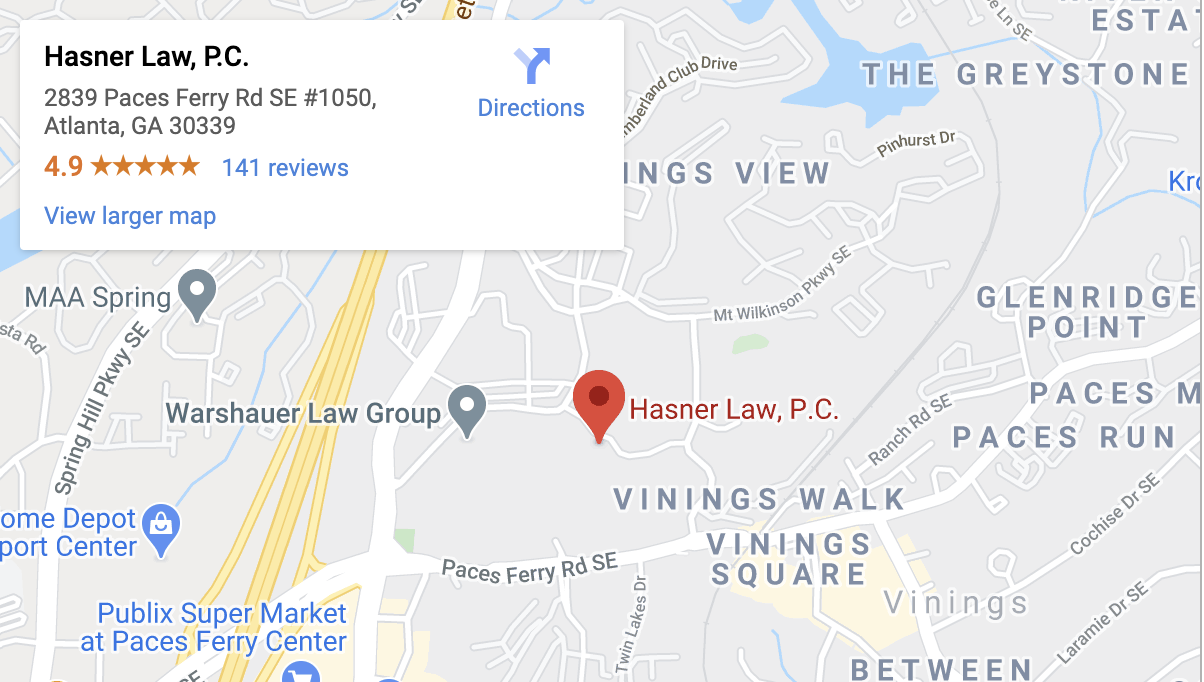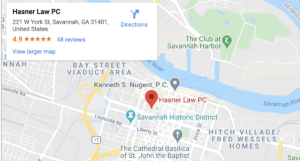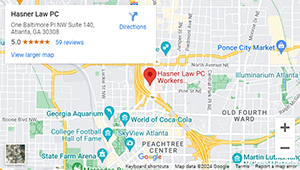What’s Liability in a Personal Injury Case?
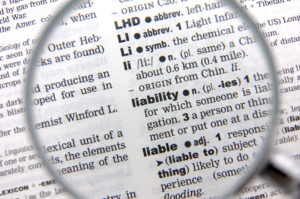
In a personal injury or medical malpractice case, liability is an enforceable claim against another party’s assets for damages caused by negligence or intentional misconduct. There are several liability theories in tort law that you might pursue after an accident or injury.
Not all liability theories apply in all personal injury cases. The type of liability used in personal injury claims depends on the specific facts and circumstances of the case.
General Negligence Claims
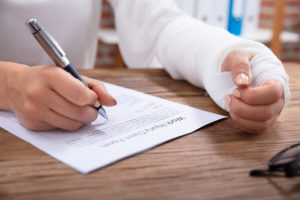
Negligence is one of the most common legal theories used to create liability for a personal injury lawsuit. If you can prove that a defendant acted negligently and injured you, they can be held liable for your damages.
To create liability for damages, you must prove the elements of negligence:
- The defendant owed you a duty of care
- The defendant breached the duty of care
- The defendant’s breach of duty was the proximate and direct cause of your injury
- You sustained damages because of the breach of duty
The “reasonable person standard” determines the level of care the defendant should have used in the situation that led to your injury. Jurors decide what a reasonably prudent person would have done given the same circumstances.
If the defendant’s conduct did not meet the reasonable person standard, they might be negligent. However, you must also prove that the failure to act with reasonable care (breach of duty) directly caused your injury and damages.
Comparative Negligence
Comparative negligence can reduce the value of a personal injury claim by placing partial fault and liability on the plaintiff. If an accident victim is partially to blame for the cause of their accident or injury, they are liable for a portion of their damages.
For example, suppose a jury finds that the plaintiff was 30 percent responsible for their car accident. The most that the plaintiff could recover is 70 percent of the value of their damages. The plaintiff would be responsible for the remaining 30 percent.
Moreover, Georgia has a modified comparative fault law. If a jury finds you are 50 percent or more at fault for the cause of your accident, you cannot recover any money for your damages.
Strict Liability
A negligent party may be held strictly liable for damages in some cases. Strict liability does not require the injured party to prove intent or negligence. The plaintiff only needs to prove that the defendant engaged in certain conduct that caused the plaintiff’s injury.
For example, strict liability applies in product liability claims. When defective products cause injuries, manufacturers, designers, and sellers could be held liable for damages. Other cases that typically use strict liability include cases involving wild animals, dog bites, and abnormally dangerous activities.
Vicarious Liability
In most personal injury claims, the person who acted with negligence is generally liable for damages. However, a party may be vicariously liable for damages caused by another party in some cases.
Vicarious liability is often used to create employer liability for an employee’s negligence. The employee must have been acting within the scope of their employment when the accident occurred for vicarious liability to apply. Vicarious liability also requires a supervisory role between the parties.
Negligence Per Se
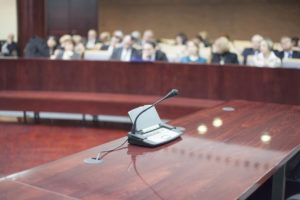
In most injury cases, the plaintiff has the burden of proving negligence and fault to create liability for the defendant. However, the theory of negligence per se shifts the burden of proof to the defendant.
Negligence per se creates a presumption of negligence. The defendant must convince the jury that the presumption is incorrect.
For negligence per se to be used in a personal injury case, the defendant must have broken a safety law and injured the plaintiff. For example, negligence per se may apply if the defendant violated the speed limit and caused a wreck.
Damages You Can Recover for a Personal Injury Case Atlanta, GA
In most personal injury cases, an injured victim is entitled to receive economic damages and non-economic damages.
The types of damages you may receive for your personal injury case include:
- Reimbursement for medical expenses and cost of medical treatment and care
- Emotional distress and mental anguish
- Lost wages, benefits, and other income
- Decrease in future earning potential and future lost wages
- Physical pain and suffering
- Loss of enjoyment of life
- Impairments and disabilities
In some cases, you could be entitled to punitive damages. Punitive damages are only paid in a small number of cases when gross negligence or intentional acts result in an injury. Our legal team examines each category of damages to ensure that we maximize your recovery.
Schedule a Free Consultation With Our Atlanta Personal Injury Lawyer
Our legal team at Hasner Law Injury & Workers’ Compensation Attorneys is dedicated to holding negligent parties accountable for their conduct. We take up the fight with insurance companies and demand fair treatment of your claim.
Call our law firm today to schedule a free consultation with an experienced personal injury attorney in Atlanta, GA. Let us help you get the money you deserve for a personal injury claim.




